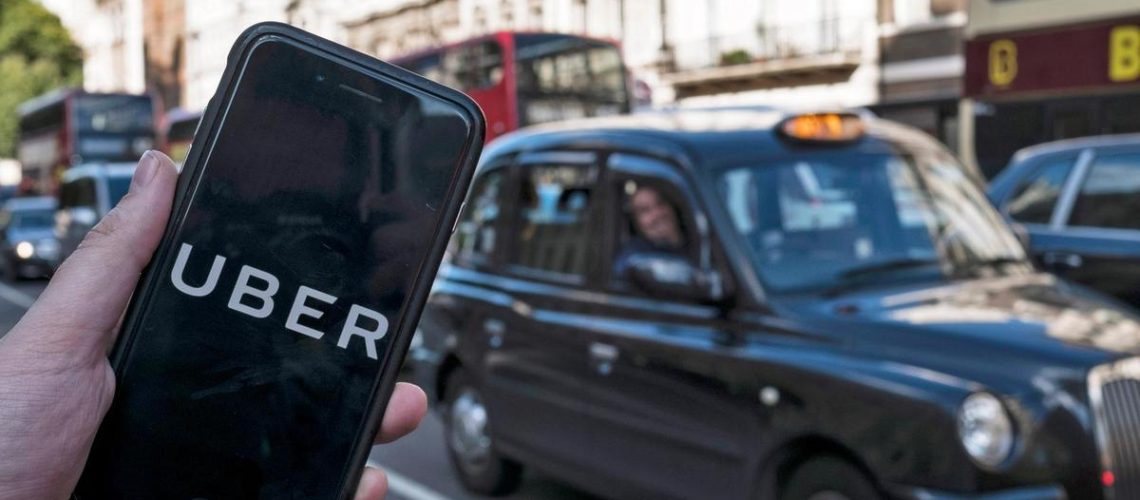Uber whistleblower and their ex-lobbyist Mark MacGann confirms that Uber knowingly misclassified their drivers as self-employed and says “we sold people a lie”. He was speaking to the Employment and Social Affairs Committee (EMPL) of the European Parliament on 25 October, where he confirmed:
“I lobbied governments around the world to get Uber what it wanted in order to succeed. Today I’m here to call on the European Parliament to defend the interests of drivers and platform workers everywhere.” He went on to suggest that “Uber didn’t create a new type of worker as much as find new ways to avoid the costs and responsibilities that employers have towards their workforce. We told drivers they could make a very decent living, thousands of euros per month, with the status of being their own boss. Everybody wins. But that was never going to happen.”
MacGann continued: “From early 2014, we faced class-action lawsuits from drivers who challenged their self-employed status. Those lawsuits forced Uber into exhausting linguistic and semantic gymnastics internally: the legal team instructed everyone to use the term ‘partner drivers’ instead of ‘our drivers’. The policy team was ordered to talk about creating ‘economic opportunities’. On no account should the word ‘jobs’ ever be spoken or written.”
MacGann’s account indicates a very deliberate move to manipulate the facts in order to suit Uber’s preference of their drivers being self-employed. The motivation? Almost certainly financial given that cost savings of not paying employer NICs; not providing statutory rights for workers such as paid holiday and minimum earnings; and of course no burden of being dutybound to any workforce if they are all self-employed.
And these are all the very reasons why the gig economy is controversial, and app or platform providers are so often accused of exploiting their self-employed workforce. Which in turn is why the EU have been planning a Platform Working Directive which would presume gig workers (such as Uber drivers) to be workers and not self-employed – meaning that they would be entitled to certain minimum rights whereas currently they have zero protections.
Later in his statement, MacGann accuses those in power of not doing enough to support workers, which he admits was partly due to his own lobbying: “In the legislative debate on the rights and protections of platform workers, power and influence are disproportionately skewed towards the interests of the big tech platforms. I know better than anyone. I was part of that powerful lobbying machinery.”









